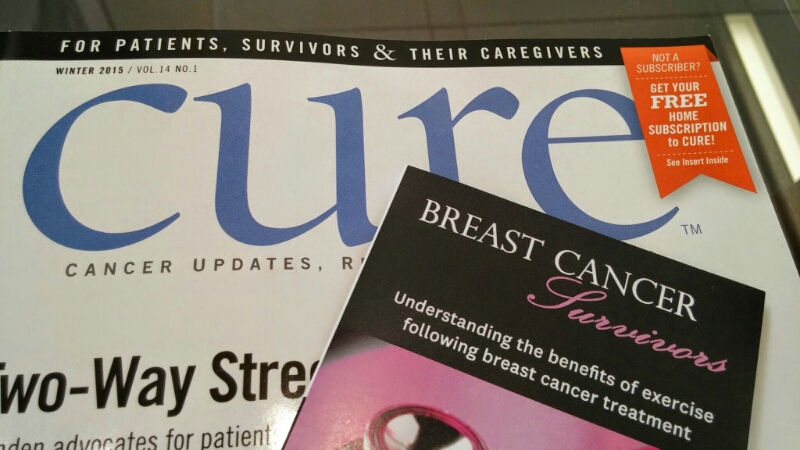Being honest about our emotions is not always easy. Add a chronic or terminal illness into the mix and things always seem to get tougher. Sadness, self-pity (or loathing), denial, depression and, of course, our friend Anger, all come out to play.
Emotions can bubble up unexpectedly, violently, or simmer beneath the surface. They can trip a person up, derail a perfectly calm and pleasant morning, confuse everybody in the room and change just about any dynamic without a glimmer of grace or sense of appropriate timing. Emotions run counter to that thread of logic that many of us cling to for sanity, bubbling and popping and roiling all over our bodies like some adolescent’s acne. Yet, quite unlike the exquisite release of a properly ripe whitehead, venting our emotions can be done in decent company and in a healthy, scar-free manner — as long as anger does not get the upper hand.
The first thing to realize is that we are not fully in control of how we feel. We can work on our frame of mind constantly, quite successfully, and still not be 100% in charge.
Continue reading Anger May Be Cathartic, But It Is Still Bad For You


